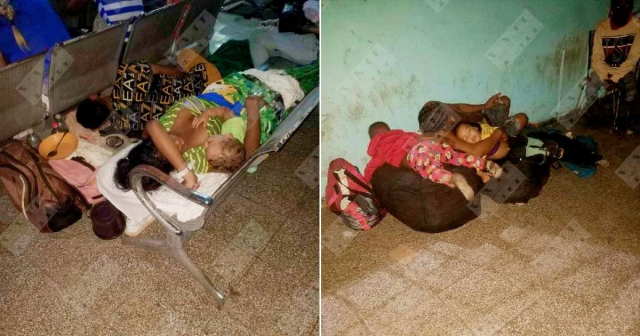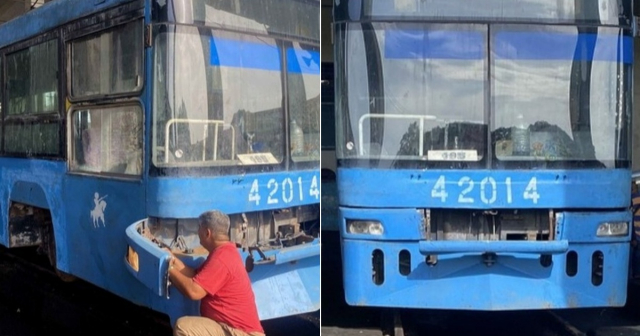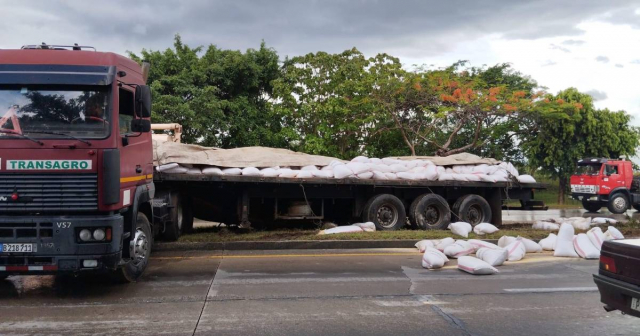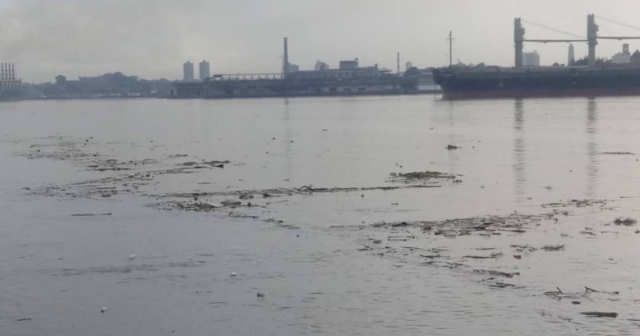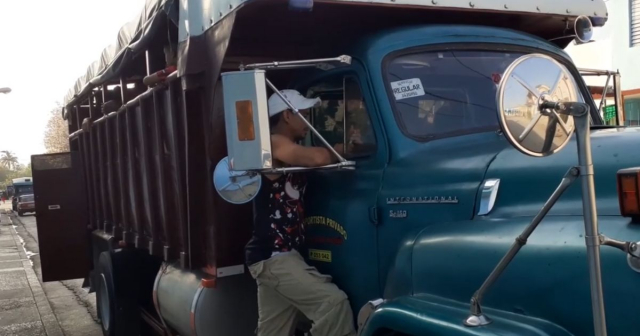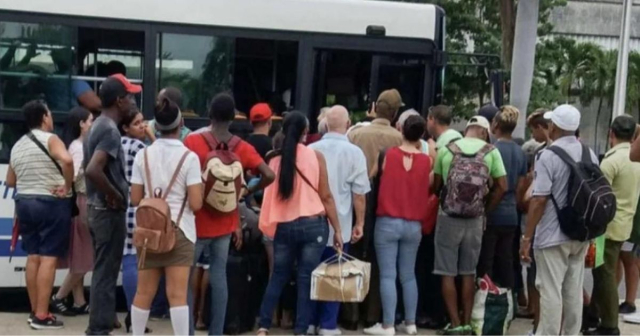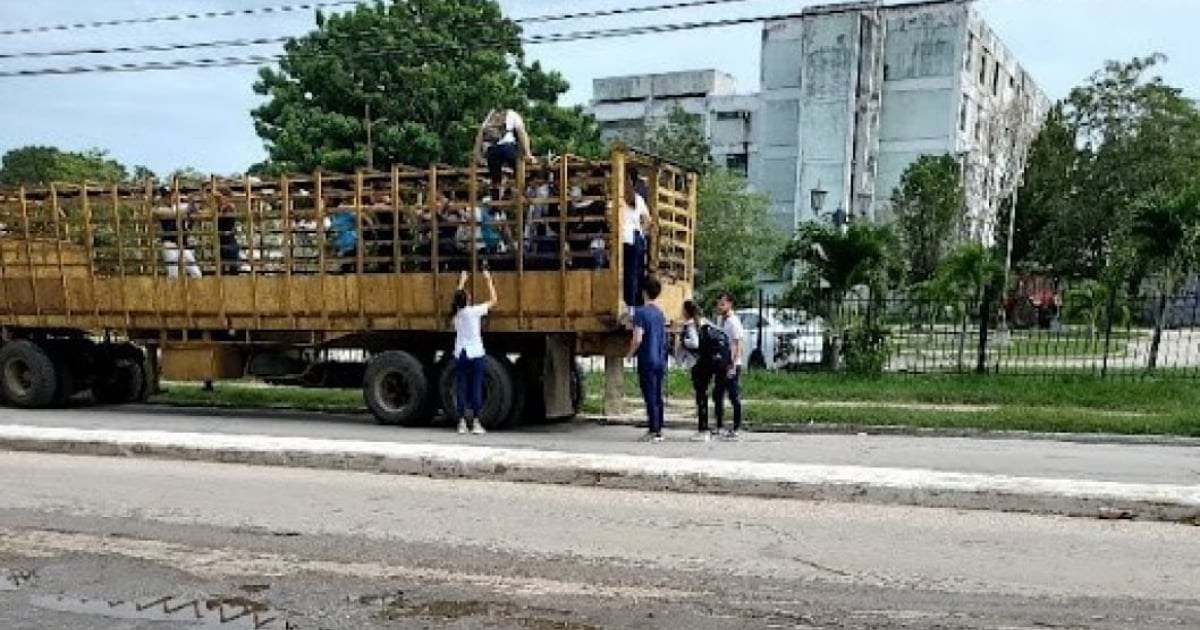
Medical students from Sagua la Grande have to travel to the university in a cattle truck, as there are no other means of transportation in that municipality of Villa Clara.
One of them sent an anonymous complaint to CiberCuba with a photo showing the young men and women in the distance, climbing onto the truck as best as they can, with their backpacks on their backs.
"I am sending it to you because it is a pity to have to see and go through this," said the author of the letter.
"We students go through a lot of trouble to transport ourselves, and likewise, in the schools there is never any food or electricity," he added.
Amid the transportation crisis affecting the country, the ruler Miguel Díaz-Canel criticized private managers, accusing them of having abusive prices, instead of acknowledging the responsibility of his administration in the current disaster.
In April, when participating in his YouTube program 'From the Presidency', he stated that among private carriers, a distinction must be made between those who operate with a license and have links to local transport companies, and those who do so illegally.
"And that has to do with the way prices are handled, which are actually abusive," he criticized.
"They do not pay taxes, they are evading taxes, and they are engaging in a commercial operation, also for profit, without fulfilling responsibilities," he added.
The leader acknowledged that transportation in Cuba is going through the "worst moments in recent years," but stated that it is a phenomenon linked to the global crisis.
According to him, the country does not have the necessary income and fuel to stabilize public transportation, which has a large portion of its vehicles stopped, either due to lack of parts and poor technical condition, or due to the shortage of fuel.
"In at least 121 municipalities in the 15 provinces, there is significant concern among the population about the lack of transportation," he admitted.
The Minister of Transportation, Eduardo Rodríguez Dávila, was invited to the event, where he reported that the state public transportation currently serves less than half of the passengers it did five years ago.
Before, 5.9 million travelers moved daily, and now barely 2.7 million, so many people are forced to use private transportation, whose prices are usually unaffordable for most, said Rodríguez.
What do you think?
SEE COMMENTS (1)Filed under:

